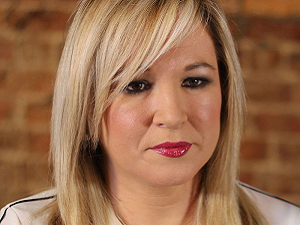
By PA and Q Radio News
Stormont's Deputy First Minister is self-isolating after a family member tested positive for Covid - 19.
Michelle O'Neill is expected to undergo test for the virus later.
The Sinn Fein vice president will need to restrict her movements for two weeks and work remotely.
The development would only have potential self-isolating consequences for Ms O’Neill’s Stormont colleagues if she tests positive for the virus.
A Sinn Fein spokesman said: “Joint head of government Michelle O’Neill has confirmed that she is being tested for coronavirus and is self-isolating after contact with a family member who has tested positive for Covid-19.
“Michelle will continue to follow the public health advice and carry out her duties in Government remotely.”
The news comes as latest figures show four covid-19 related deaths occurred in Northern Ireland last week.
It brings the total number of fatalities recorded by NISRA to 906.
Over 40% happened in care homes and hospices involving 85 separate establishments.
During the same period - the department of health has reported a total of 583 deaths.
BREAKING: Deputy First Minister Michelle O'Neill self-isolating after family member tests positive for Covid-19. pic.twitter.com/37XW20vV2B
— Q Radio News (@qnewsdesk) October 9, 2020
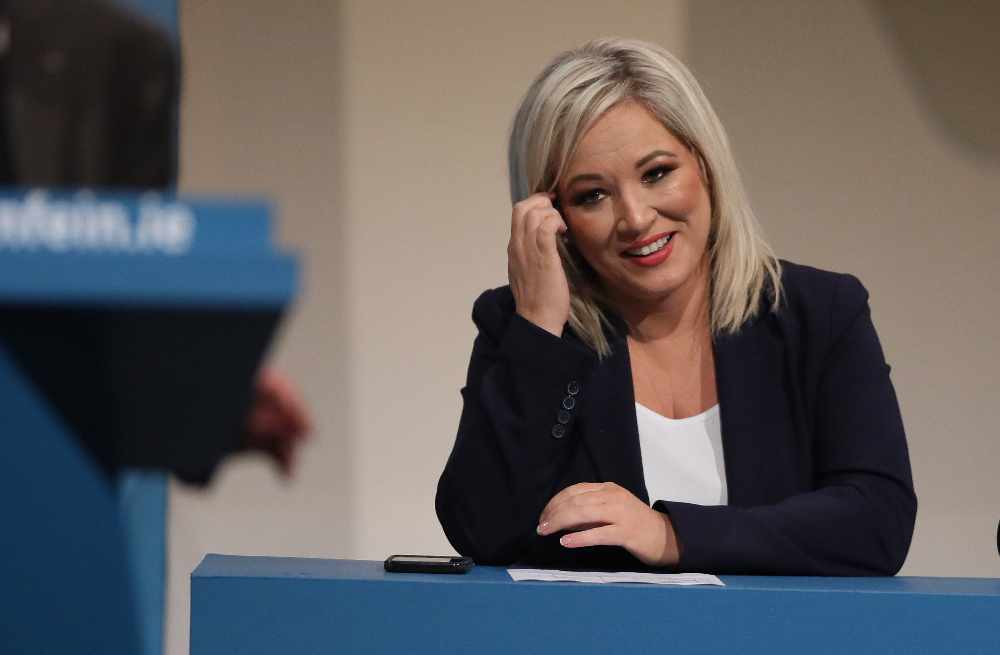
The news comes as restrictions on cross-border movement could be introduced if they are agreed by governments in the Republic and Northern Ireland, Simon Coveney has warned.
His warning comes after a huge spike in Covid-19 cases in Northern Ireland, prompting concerns within the Irish Government about cases spilling south of the border.
Minister for Foreign Affairs Simon Coveney said there was a clear agreement that both jurisdictions need to do more together to curb the spread of the virus.
Mr Coveney met Northern Ireland Secretary of State Brandon Lewis in Belfast on Thursday, where they discussed the rise in cases and the funding issue from London.
Mr Coveney said that while no barriers will be erected on the border, the Irish Government needs to ensure cases do not spill into the south, creating “tension and resentment”.
“The issue is here, we do need to move quickly. We have seen a dramatic spike in terms of infection spread in Northern Ireland, particularly in the Derry/Strabane area,” he told RTE Morning Ireland.
“We have also, and I don’t think it’s by coincidence, seen Donegal as having the highest incidence rate in Ireland right now, right next door. “We have got to work together.
“There may be two jurisdictions on the island, there is one land mass where populations move and can infect each other, so we have to have a common approach or at least as close to that as possible in terms of restrictions and manging the spread of infection, so we understand fully what is happening in each other’s jurisdictions.
“We are only going to restrict movement if it’s agreed by jurisdictions between both governments and fully explained to people. “We are not in the business of erecting barriers on the border between north and south.
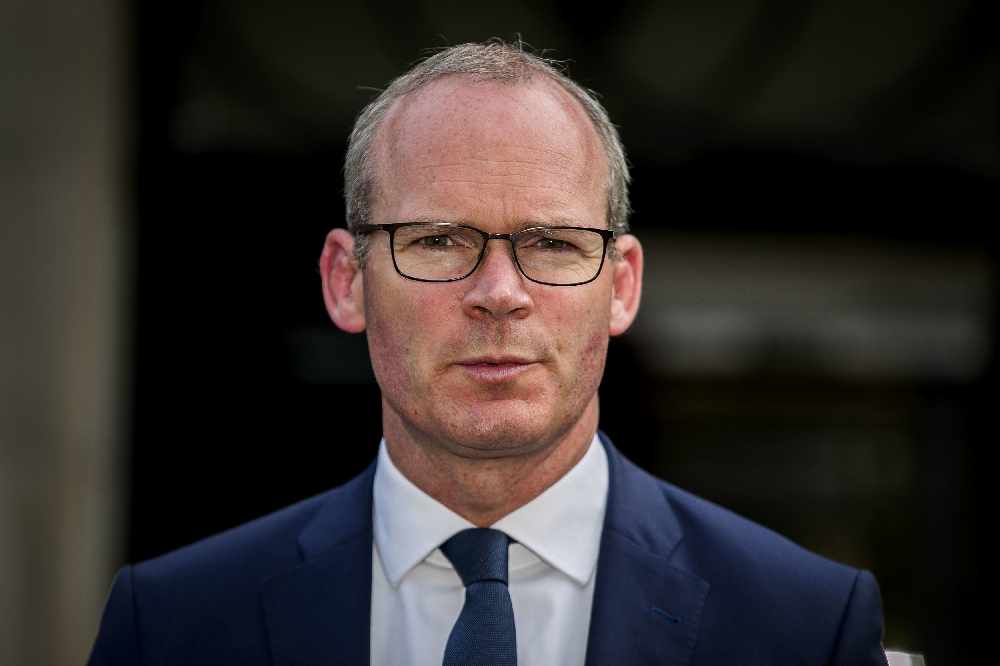
We fought for two years to make sure that doesn’t happen as a consequence of Brexit.
“That being said, we are restricting movement between counties in the Republic of Ireland, so we need to be talking directly to the Executive about how movement is being restricted in Northern Ireland.” Mr Coveney said that clarity is needed from politicians in both Northern Ireland and the Republic, as well as co-operation between their respective chief medical officers.
“There is a significant spike in Northern Ireland and continuing, we need to make sure that is not spilling over the border, creating tension and resentment and facilitating the spread,” he added. Ireland’s chief medical officer Dr Tony Holohan is on Friday speaking to his Northern Ireland counterpart Dr Michael McBride about the issue.
Meanwhile, a member of Ireland’s National Public Health Emergency Team has called for an all-island response to the spiralling cases, calling the rates in Northern Ireland “alarmingly high.” Dr Colm Henry told RTE’s Morning Ireland: ” Certainly the levels, it’s a cause for concern looking at the figures in border counties. “We see two weekends with rates of 350, to remind your listeners it’s 116 nationally. The levels we’re seeing across the border are alarmingly high. “Our capacity to control this particularly in border areas is heavily dependent on the response across the border, which all emphasises the need for an all island approach to this virus.”


 Swann refuses to rule out resigning if budget is not changed
Swann refuses to rule out resigning if budget is not changed
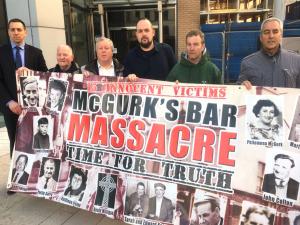 Fresh inquests ordered into deaths of 15 killed in McGurk’s bomb blast
Fresh inquests ordered into deaths of 15 killed in McGurk’s bomb blast
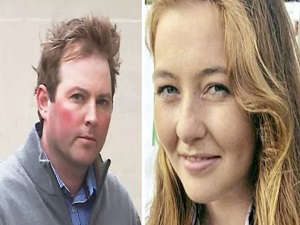 Trial ends after man accused of murder of young showjumper is found dead
Trial ends after man accused of murder of young showjumper is found dead
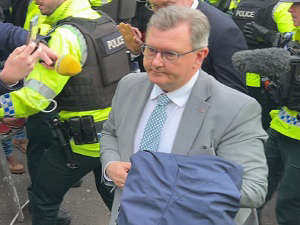 A brief hearing and chaotic scenes as Donaldson makes first court appearance
A brief hearing and chaotic scenes as Donaldson makes first court appearance